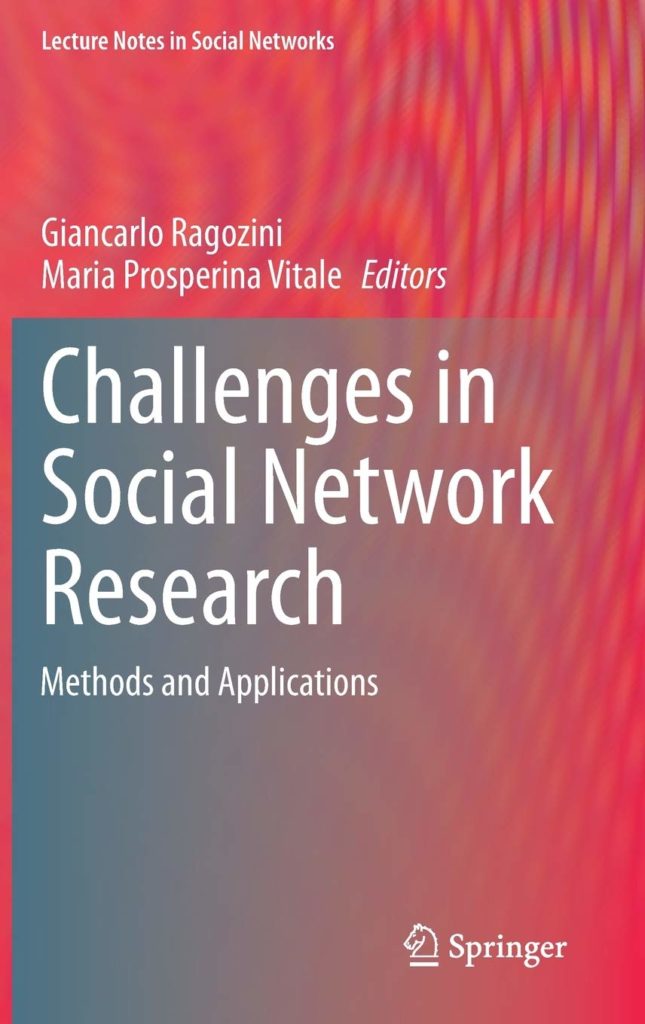Salvini A., Riccardo A., Vasca F., Psaroudakis I.”Inter-Organizational Networks and Third Sector: Emerging Features from Two Case Studies in Southern Italy” , in M.P. Vitale, G. Ragozini (Eds), Challenges in Social Network Research. Methods and Applications, Springer International Publishing, 2020, ISBN 978-3-030-31462-0

Abstract. Social Network Analysis is a useful technique for studying emergent behaviours of cooperation, intervention and governance in inter organizational networks. In this work, an empirical study of two networks of organizations operating in local territories in Southern Italy and focusing on Third Sector and welfare activities is presented. The actors are committed to experimenting a model of coordinated intervention induced by two corresponding egos which are local Caritas centres. The nodes of the two graphs are determined by combining egonetwork and whole-network approaches. The weighted edges representing mutual knowledge and collaboration between nodes are determined through interviews with all actors of the local groups. It is shown that metric properties of the networks can be useful indicators to monitor and evaluate endogenous features, e.g. relational and structural embeddedness, and exogenous features characterized by homophili mechanisms. The analysis provides insights on the networks governance of the social interacting organizations and reliable descriptors of the social processes that govern their functioning.
